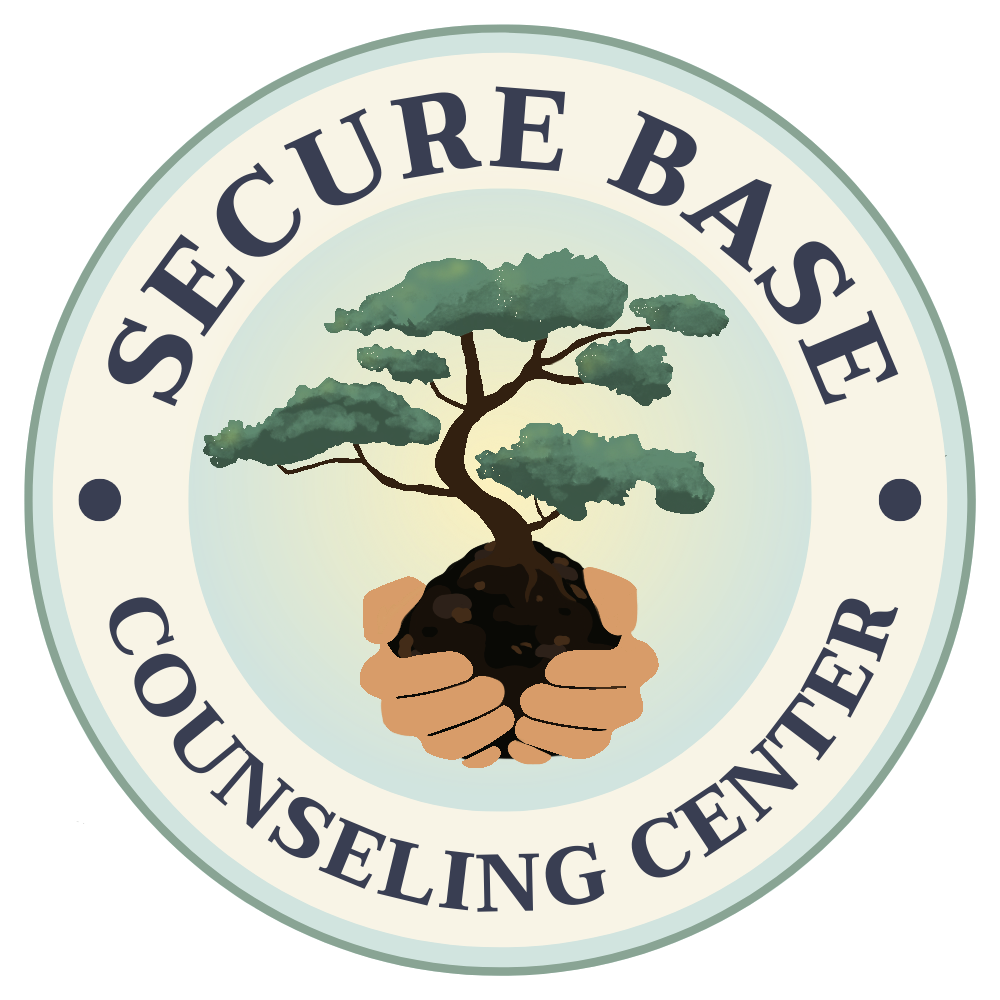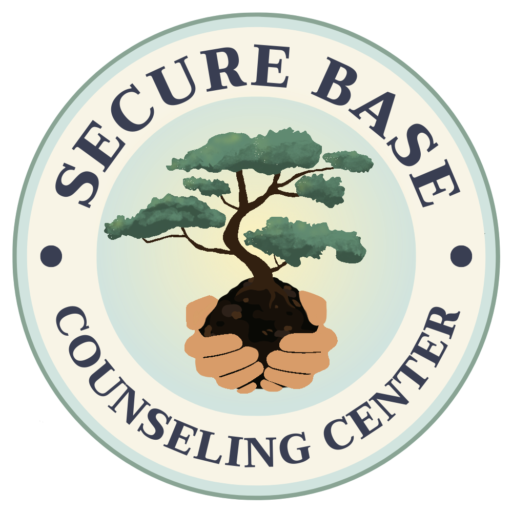Is Your Play Therapy Near Me In Minnesota?
We proudly provide play therapy in-person & online. So there is play therapy near me for all Minnesotans!
Other Common FAQs for Play Therapy
What ages are best for play therapy?
This playful kind of therapy is most commonly used with children between the ages of 3 and 12, though it can also benefit older children, teens, and even adults in some adapted forms. Because young children often struggle to express their emotions or experiences verbally, play becomes their natural language. This allows them to communicate, process emotions, and learn coping skills in a developmentally appropriate, non-threatening way. The specific approach may vary depending on the child’s age, developmental level, and individual needs.
How much does play therapy cost?
The cost of play therapy typically ranges from $75 to $200 per session, depending on the therapist’s credentials, location, and experience. Sessions are usually 45–60 minutes long. Some therapists offer sliding scale fees, and rates may be lower at community mental health clinics or nonprofit counseling centers. If your child needs ongoing sessions, ask the provider about package pricing or reduced-fee options.
Does insurance cover play therapy?
Yes, many insurance plans cover play therapy, as long as it is provided by a licensed mental health professional (such as an LPC, LMFT, LCSW, or psychologist) and the child has a qualifying mental health diagnosis. It is not usually billed as a separate service; instead, it’s considered a therapeutic technique used within standard therapy sessions. It’s a good idea to check with your insurance company to confirm mental health coverage, provider network status, and any documentation requirements. Some plans may require a referral or prior authorization. Play therapy at Secure Base Counseling Center is conducted by licensed therapists, and thus is covered by most insurance.
What are the four types of play therapy?
The four widely recognized types include:
-
Child-Centered Play Therapy (CCPT): A non-directive approach where the child leads the play, and the therapist provides a safe, accepting space to promote emotional healing and self-expression.
-
Directive Play Therapy: The therapist takes a more active role by guiding play activities to address specific issues (e.g., trauma, anxiety, or behavioral concerns).
-
Cognitive Behavioral Play Therapy (CBPT): Combines play with structured CBT techniques to help children learn coping skills, emotional regulation, and problem-solving.
-
Filial Therapy: Involves training parents or caregivers to conduct therapeutic play sessions with their child at home, enhancing attachment and communication.
Each type can be tailored to meet a child’s individual emotional and developmental needs.

